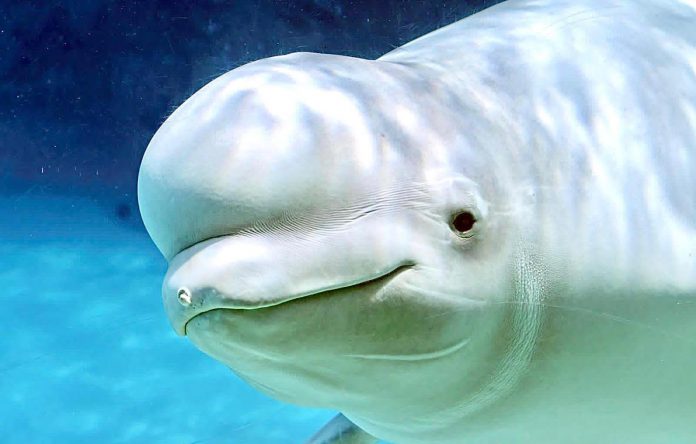
A Federal Court Rules In Favor Of Protecting Critically Endangered Cook Inlet Beluga Whales From Harmful Activities By Oil Company Hilcorp Alaska
You can help all animals and our planet by choosing compassion on your plate and in your glass. #GoVeg
RELATED ARTICLES
Victory! Great Britain Has Finally Banned The Live Export Of Farm Animals
The Animal Welfare (Livestock Exports) Bill, that will ban farmed animals from being exported from Great Britain for slaughter, has passed its final stage...
Judge Dismisses Felony Charges Against UC Berkeley Student Who Rescued Four Chickens From A Slaughterhouse
A Sonoma County judge dismissed multiple felony charges against UC Berkeley student Zoe Rosenberg, 21, who is being prosecuted for rescuing four chickens from...
The Most Endangered Species On Earth & The Race To Help Save Them From Extinction
The world is facing a crisis in biodiversity as a growing number of species are facing extinction. Among them, some are particularly at-risk of...
Popular stories
News
Breaking! South Africa Announces Plans To End The Horrific Captive Lion Industry, Including Banning Canned Hunting & The Lion Bone Trade
WAN is thrilled to share the news that South Africa is taking immediate steps to end the controversial and cruel multimillion-dollar captive lion industry. This...
Breaking News
Victory! Washington Becomes The 12th State In The U.S. To Ban The Sale Of Animal-Tested Cosmetics
Last week, Washington Governor Jay Inslee signed H.B. 1097 into law. The legislation will prohibit the sale of cosmetics in Washington that have been...
News
The Ejiao Act Has Been Reintroduced In The U.S. To Protect Donkeys By Banning The Sale Of Donkey-Hide Gelatin
The Ejiao Act has been reintroduced by U.S. Representative Don Beyer (D-VA) this week in the House of Representatives to ban the sale and...


